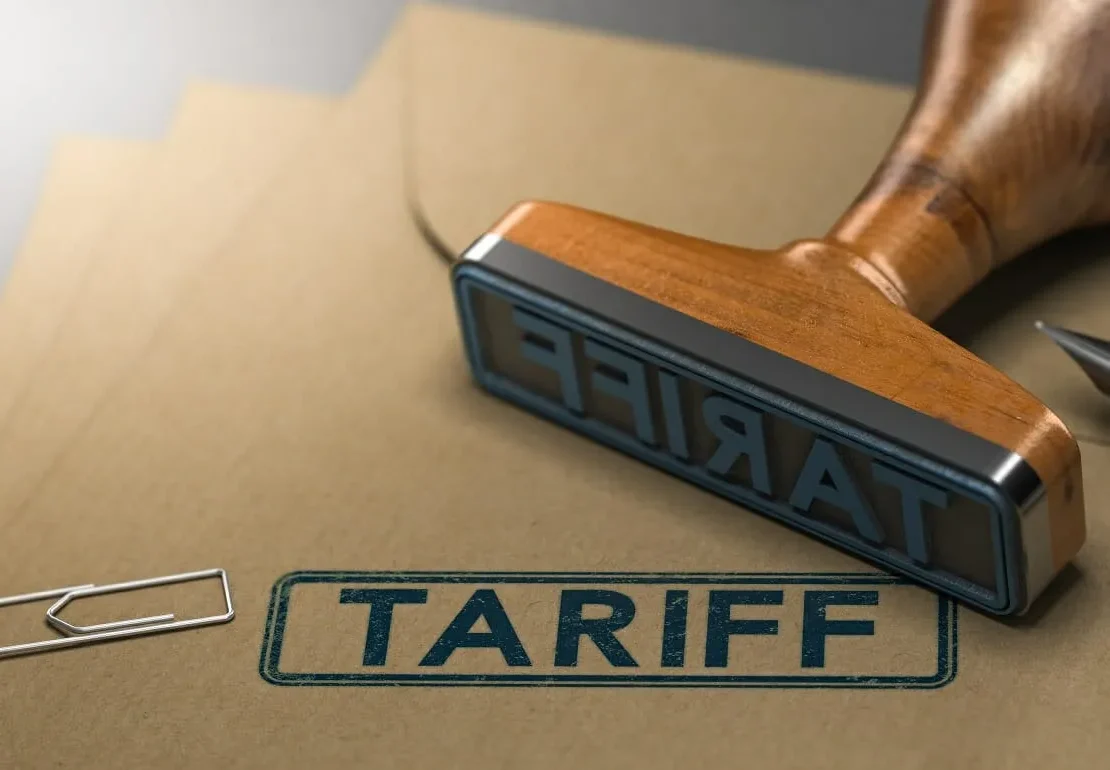
Cars and parts: Many vehicles and vehicle parts the US receives come from countries like Germany, Japan, Mexico, Canada, South Korea, China, and more. According to CNN, the US imported $87 billion worth of motor vehicles and $64 billion worth of vehicle parts from Mexico last year, not accounting for December. This shows how much the U.S. relies on other countries for cars and parts. Putting a tariff on the imports depends on the import following a guideline called the USMCA Rule of Origin. This is a guideline used to determine if products are eligible for duty-free or reduced duties under the FTA rules. A restriction of this guideline includes requiring 70-75% of the car/car parts value to be made from North American resources. Any less and the import may be subject to a tax. There is an exception called the de minimis rule, which allows up to 10% of the car’s value to come from a foreign source and 7% for car parts. Additionally, a portion of the car or part’s value must come from higher-paid North American workers. For example, workers need to make at least $16 per hour otherwise, that violates the Rule of Origin. A tariff on cars and parts would harm multiple groups like consumers by making the prices go up on imported cars and parts. As well as manufacturers, as it is more expensive for manufacturers to source the components they need, which can harm their ability to compete in global markets. Job cuts could also be a result for auto suppliers and workers because of the higher costs; the companies can’t afford to pay as many employees. Tariffs could also cause trade tensions between countries that could lead to a trade war and/or cause a global or local market slowdown in trade.

Gas: In 2023, the United States imported approximately $158 billion worth of crude oil and $24 billion worth of petroleum products. Canada alone exported more than $96 billion worth of oil and gas. Other contributing countries include Mexico, Saudi Arabia, Brazil, and Iraq. To compensate for the import tax, prices on gas and oil would be raised for refineries, which then would lead to price increases for consumers as well. When gas prices rise due to tariffs, it can contribute to inflation, as the cost of energy influences the price of a wide range of products and services. This can reduce consumer spending power and potentially slow down economic growth. The estimated spike in gas prices is between 25 and 75 cents per gallon, which adds up quickly. Increased gas prices have a larger domino effect than you may think, as an increase in the import price then leads to a price increase for the refineries. This then leads to a price increase on consumers for not only filling up their cars but also plane tickets due to the more costly jet fuel and shipping prices when ordering online due to the planes and trucks that use gasoline. Anything that is transported would likely see a price increase.

Food/Alcohol: Mexico is the largest supplier of fresh fruit, vegetables, tequila, and beer to the U.S. It is responsible for 92% of all agricultural imports and 25% of beer imported to the country as well as 90% of consumed tequila, on the report of the latest government data. Other countries like Ireland, Scotland, Italy, and France are responsible for other wine and spirits imported. Beer companies like Modelo and Corona could see as much as a 16% price increase to cover the cost of the tariff according to CNN. Even companies that manufacture their alcohol inside of the country based out of may see an increase in price due to the reliance on imported ingredients to make the alcohol, like foreign grapes, bottles, labels, etc.













